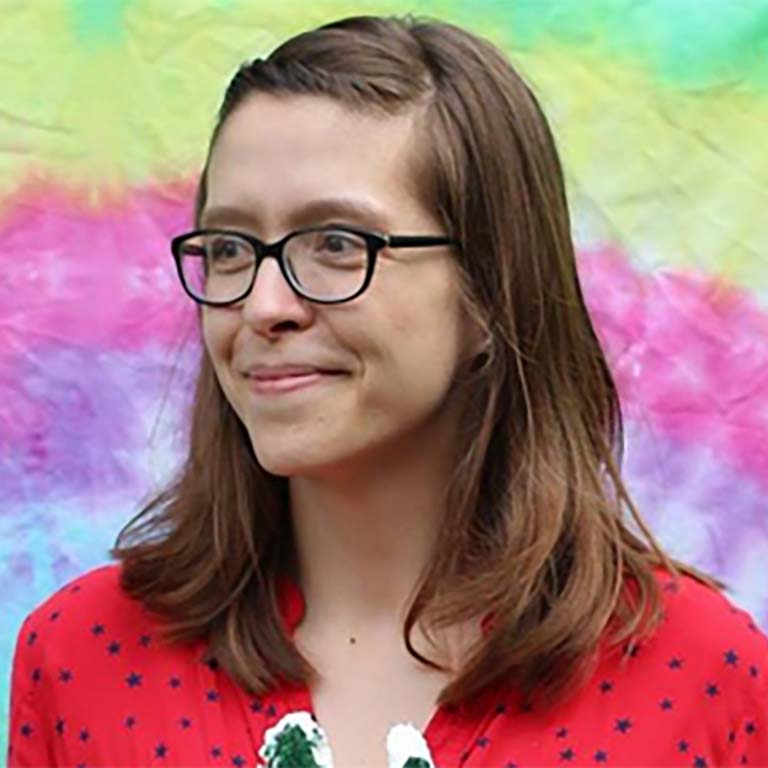First and foremost, get the students to do the thinking. This comes in many forms—whether having students engage in a game or simulation like Mandy Gibson's (see page 7) or looking at carefully structured sample data and drawing conclusions as Armin Moczek has students do in his modules(page 3).
Storytelling is a very powerful mode of communication, and you might be tempted to put together a magnificent lecture about a compelling subject. But students, particularly adolescents, are being told things all the time—by their parents, their teachers, their religious leaders, their friends, their social media feeds—and many of these stories are directly conflicting.
If you can shift sensemaking to students, though, you accomplish a few important goals. First, you show that science is a process—that it's not about belief or identity. You also give a taste of the power of sensemaking at a time when students are looking for places in their lives to feel powerful.
It can be as easy as simplifying a key figure or getting students to move strips of a story around until the order is correct. But, to know what will work best . . .





 The College of Arts
The College of Arts